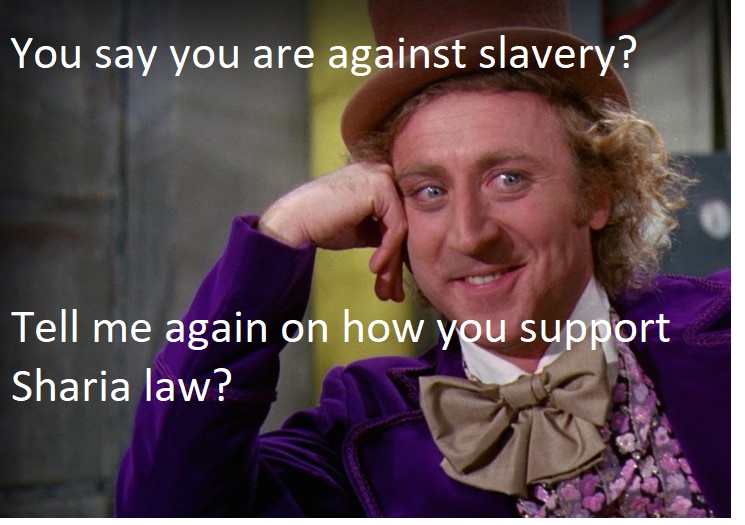Assignment:
Post two replies by Sunday to your peers' discussions using any of the following ways:
- Ask a probing question
- Share an insight from having read your colleague's posting.
- Offer and support an opinion.
- Validate an idea with your own experience.
- Expand on your colleague's posting.
Student:
Thinking, what is/are confirmation bias, overconfidence, and belief perseverance?
Confirmation Bias - This is when someone searches for information that supports their understanding, despite evidence that says otherwise. There a many examples of this type of thinking. If we have any preconceived view on something, we will defend our view despite what new information surfaces.
Overconfidence - This is when people think they are right even though they are wrong. There are many overconfident people in this world and it is not hard to see. This type of thinking is more common I think in modern times. You can pull up YouTube and find all kinds of videos of people debating confidently about a topic that they believe they are 100% correct about, when they are wrong.
Belief Perseverance - This is when despite the overwhelming evidence that your view is wrong or you should adjust your views, you still cling to your view without adjustment. This is one way of thinking that could create conflict between two opposing views.
I believe you can see all three of these ways of thinking on a daily basis, look around and pay attention to others. The way people think is fascinating and being able to identify these different types of thinking would be easy. I think it is crazy, while reading this I was like " ah hah" I know many people that fit into all three of these.
Me:
Lately, I have wondered... Do you think that Baby Boomers suffer thinking they deserve everything emotionally and are always right?
I think you are right that these 3 concepts exist but that they are flawed.
So, basically, I am thinking this applies as relevant to Baby Boomers. They were spoiled rotten kids and had nutcases as kids they didn't pick up after. So, in relation to the material for this class, they already went through their opinion once and said they would always be right as individuals and bind as a force sexually, they are overly "confident" that it stays that way and anyone who opposes is wrong, and even when proven wrong they have "belief perseverance" in their thinking that they still have to be right.
Good post. I agree the text seems a bit Mickey Mouse and am grateful for how you presented this application. It's not mathematically in check, but a series of rambling thoughts published for attention, maybe to please people like Baby Boomers.
Student:
As far as non-creative and non-emotional intelligence, I believe in Thurstone’s idea of intelligence. I do somewhat agree with Spearman’s idea, but I believe that people who overall have a high intelligence can also lack in a certain area. Some introverts can have great ideas and perform well in school, but they never really have been able to verbally express themselves. They may be a very intelligent person, but they don’t perform as well in language ability and can come off as unintelligent. Also, there are many intelligent people who don’t perform as well mathematically. This doesn’t mean they aren’t intelligent, they just lack in that department. This is the reason I lean towards Thurstone’s theory, but I do partially agree with Spearman’s theory that most people have a general intelligence level. Of course, including creativity and emotional abilities, Gardner's theory is the best theory to describe all intelligence. Me:
That is very nice of you to actually go out and notice and say that a lot of Generation XY growing up experienced sadness and being left out and draining of not being accepted socially like Late Boomers and spoiled Generation XY children moreso than them. Do you agree that a lot of Generation XY didn't get to learn to communicate, as schools took away recess and wasted time telling bad kids to shut up?
I agree. I think that with the lack of popularity of what was once "sliced bread" has brought everything down, like Myspace losing popularity somehow to Facebook.


